Israel a învăţat o lecţie amară după războiul din 2006 împotriva Hezbollah, pierdut în ziare şi la tv: mass-media tradiţională este aliatul teroriştilor islamici. A te baza pe „obiectivitatea” şi „imparţialitatea” ei este sinonim cu încrederea în obiectivitatea şi imparţialitatea lamei de ghilotină. De data asta însă Israel a scurtcircuitat ţarcul mediatic tradiţional, stabilind propriile canale de informare digitală prin care se adresează direct publicului. Canalele YouTube şi Twitter prezintă versiunea israeliană a conflictului din Gaza, nefiltrată prin reţeaua de dezinformare Reuters, Associated Press, BBC şi CNN.
Conflictul prezent definit de consulatul israelian din SUA în formatul ultra-scurt cerut de Twitter…
We hav 2 prtct R ctzens 2, only way fwd through neogtiations, & left Gaza in 05. y Hamas launch missiles not peace?, ‘we’re not at war with the PAL people. We’re at war with a group declared by the EU& US a terrorist org.
… şi varianta de cinci minute de pe YouTube:
Cum s-a ajuns la operaţia „Plumb Turnat” — clip produs de forţele armate armate israeliene
Apropo de Reuters: face ce ştie mai bine, adica se face de rîs. Într-o serie de fotografii ale unor avioane şi elicoptere israeliene în misiune, date publicităţii pe 3 şi 4 ianuarie, textele explicative însoţitoare se evidenţiază printr-o prostie crasă care eclipsează intenţia grosolană de manipulare.

“An Israeli Apache gunship flies over the northern Gaza Strip after firing a weapons system January 4, 2009. Israeli soldiers and Palestinian militants battled on Gaza City’s outskirts on Sunday after Israeli troops and tanks invaded the coastal enclave in the worst fighting in the conflict in decades.”
Fumul din cer nu este „un sistem de arme”, ci exact ceea ce se vede: fum cauzat de fumigene. Scopul? Este o tactică clasică de a induce în eroare un posibil atac cu rachete sol-aer. Manevra este pur defensivă, low-tech şi nu are nici o semnificaţie malefică sau misterioasă. Dar pentru păcălicii de la Reuters care compun astfel de texte explicative, pînă şi semnalele de fum ale pieilor roşii sînt sisteme avansante de tehnică militară.







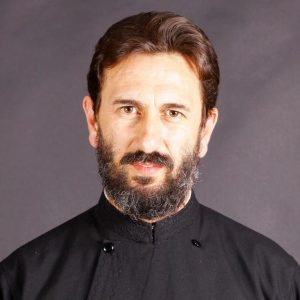


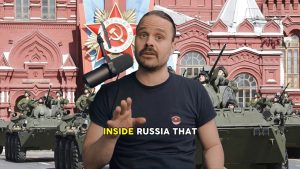
![marius-bostan-foto[1] marius-bostan-foto[1]](https://inliniedreapta.net/wp-content/uploads/elementor/thumbs/marius-bostan-foto1-qt9ywoo2b2lgv37b76h9qr5yo6db5vwzoxbuvd4e6o.jpg)


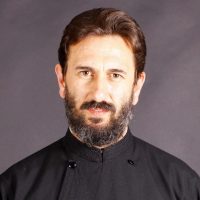

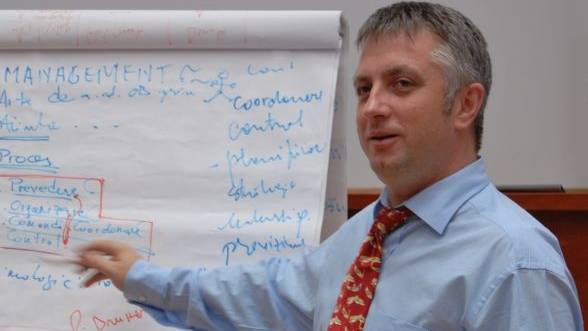
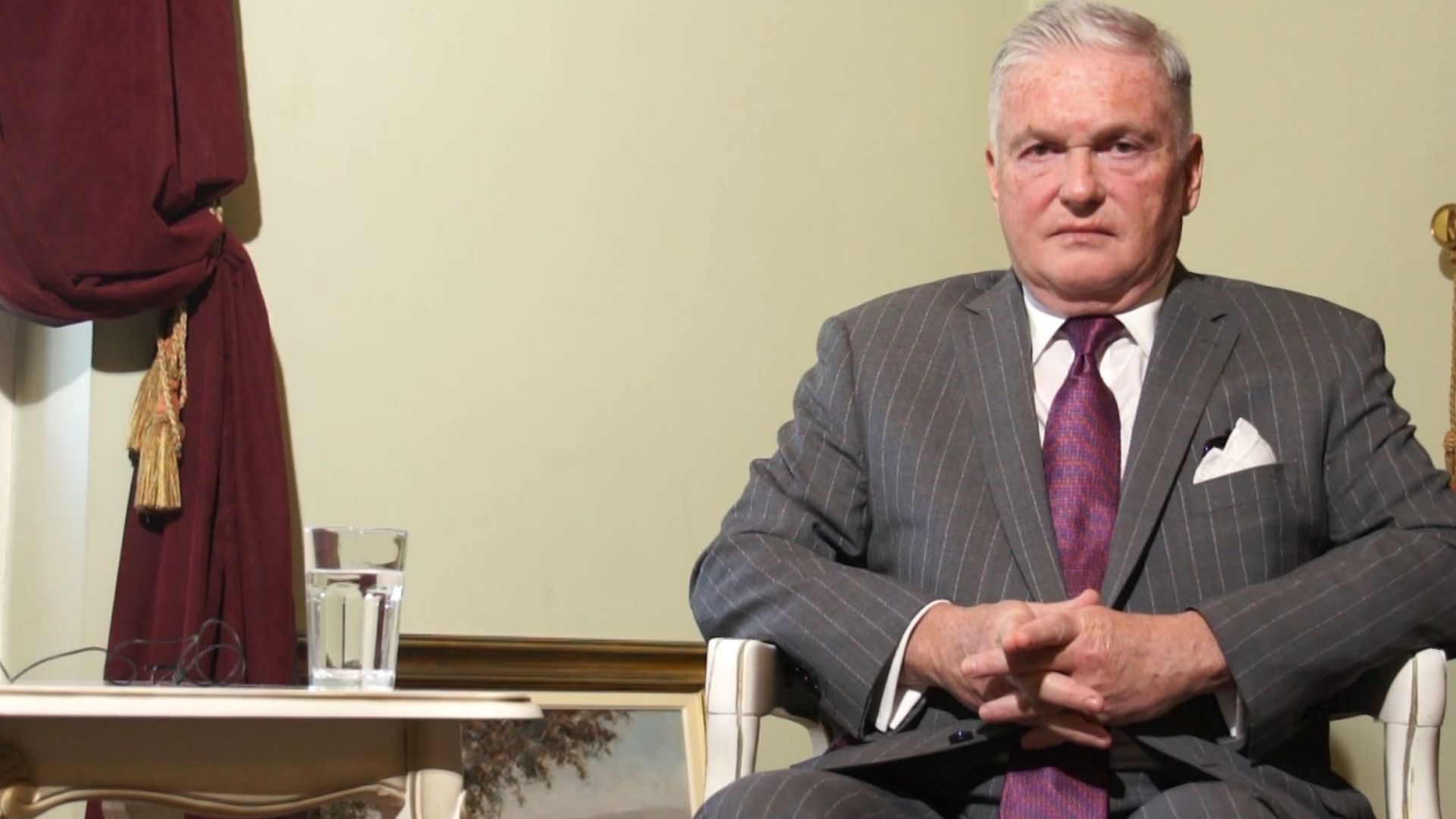


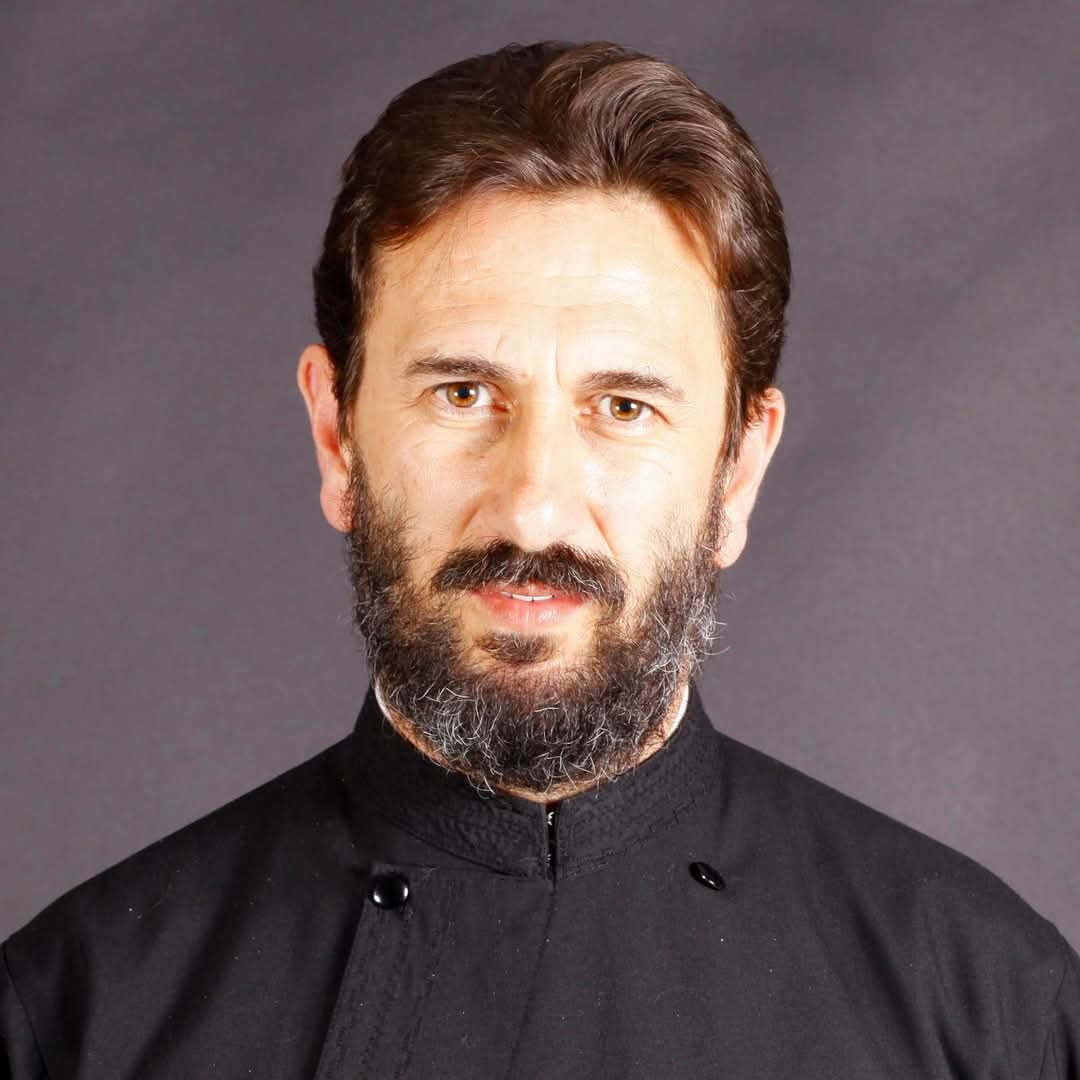
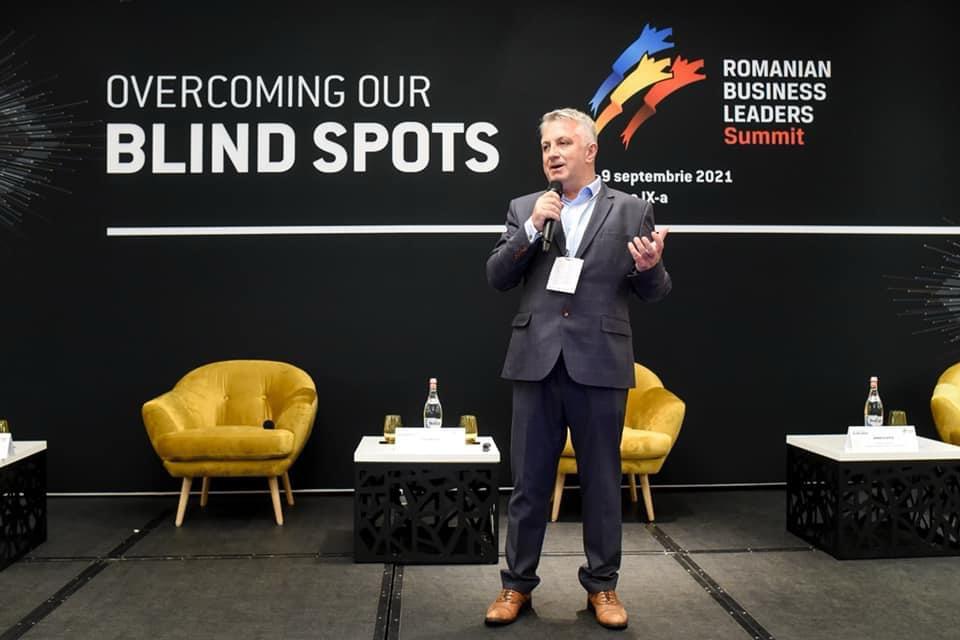
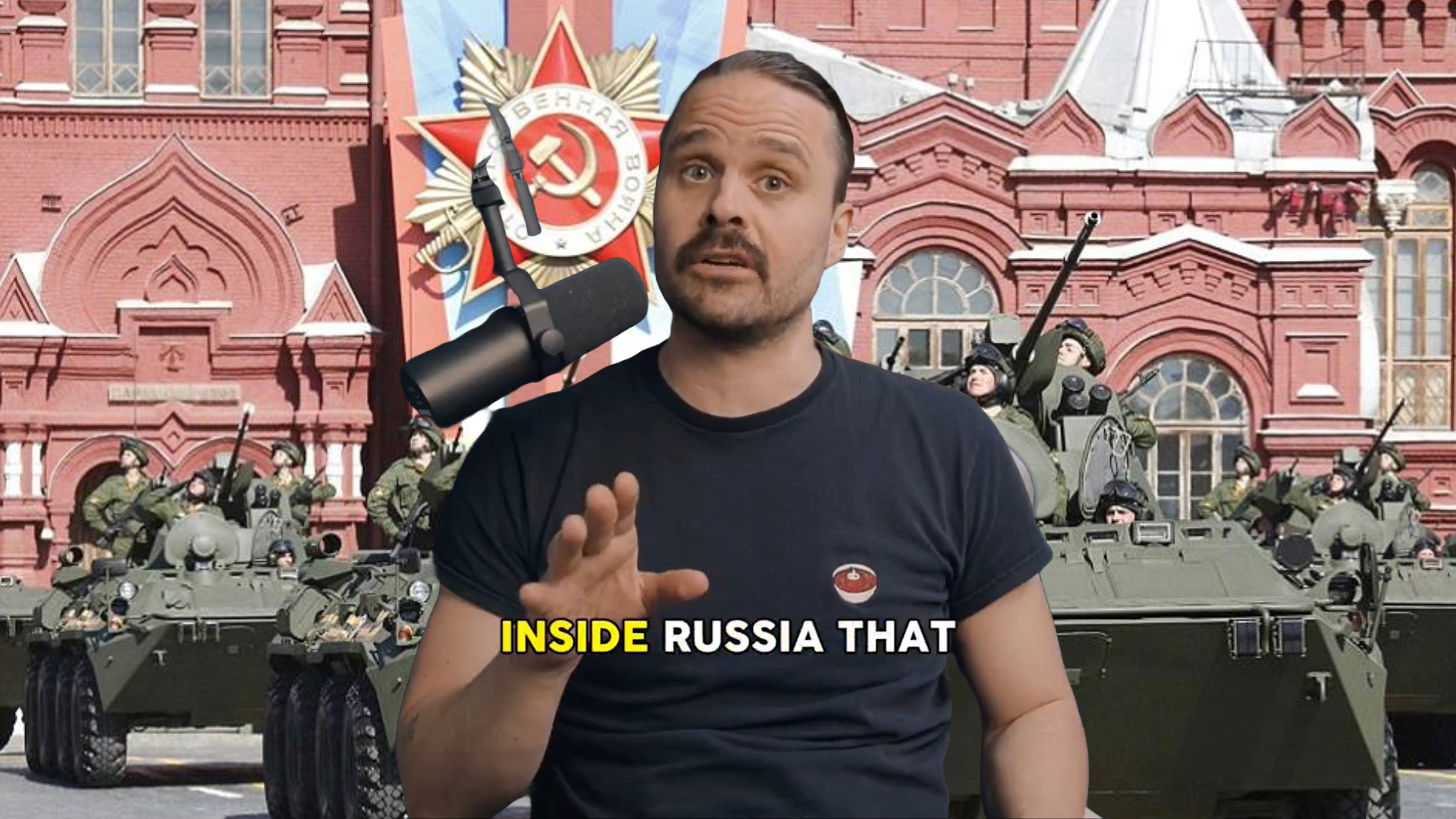

21 Comments
bugsy
8 January 2009How media absolves Hamas: UN School!
Francesco
8 January 2009Libanul intra in razboi? Amicii Hamas-ului din Liban au tras cel putin trei rachete catre localitati din israel. Purtatorul de cuvant al Hamas din Liban spune ca nu ei, hamasnicii, altii au tras, ei nu stiu nimic, poate au venit asa din cer, la voia lui Allah! Ori verisorii Hezbollah si-au pierdut rabdarea si au nevoie de o scarmaneala?
Oricum, 2 oameni au fost raniti in urma acestor tiruri dintr-o zona formal securizata de trupe ONU (FINUL), printre care si europeni!
bugsy
8 January 2009Manifestatii de solidaritate si sprijin pentru Israel, in USA si Europa.
Imperialistu'
8 January 2009Elder of Zyon are imagini foarte interesante pe care, din nefericire, nu pot sa le redau aici, clipul fiind disponibil doar pe blogul lui: membri Hamas lansand rachete, deghizati fiind in civili.
emil
8 January 2009Pajamas Media a lansat in toamna anului trecut si o initiativa multimedia, numita Pajamas TV. Cu ocazia acestui razboi au infiintat si un mini-studio temporar la Ierusalim, de unde prezinta analize si reportaje.
PJTV – Gaza Update
emil
8 January 2009Pentru ca era vorba despre dezinformarea practicata de mass-media traditionala…
PJTV – Media Bias
israelianca
8 January 2009Francesco, tv Israel spunea de dimineata ca Ahmad Jibril a tras rachetele de dimineata, care sint foarte vechi, din primul razboi cu Libanul – deci vreo 25 de ani?, dar Jibril s-a grabit sa nege.
Saniora a sarit sa mobilizeze armata libaneza si sa-si repete obligatia de a respecta rezolutia 1701, Nasrallah a negat, toti au negat. Necazul este ca sint in Liban atitea grupuri si organizatii care fac vor.
Tsahal a spus insa ca rachetele au fost trase – tineti-va bine, din apropierea unei baze UNIFIL, care ma face sa ma intreb la ce sint bune trupele ONU. Bineinteles ca Tsahal a ripostat imediat cu foc de artilerie si citeva zboruri deaspura Libanului, fara foc, doar asa, sa se faca vazuti, sa nu creada cine a tras ca toata armata e in Gaza si ca la granita de nord nu sint strajeri.
israelianca
8 January 2009emil, elicopterele inscriu pe cer simboluri secrete cabalistice si farmasonice ????
nu vezi? la mijloc 999 e de fapt 666 si pe celelalte nu am voie sa le spun…
Imperialistu'
8 January 2009Cum la ce sunt bune trupele ONU? Aveam pe undeva o poza care explica mai bine: salutatul lui Hassan Nasrallah. Poate o gaseste Costin pana ma intorc eu. Daca nu, o caut si pana la urma tot o gasesc.
Heil Nasrallah!
israelianca
8 January 2009Stiu poza, trupele ONU din Liban saluta sicriele teroristilor morti returnati in Liban odata cu Samir Kuntar.
A propos, tare am regretat atunci ca nu aveam cu cine sa fac schimb de replici in romaneste: Hezbollah a descoperit spatiul mioritic, declarind ca in ziua respectiva a avut loc o nunta, toti acei „eroi ai patriei” urmind sa se casatoreasca in ceruri. Cu cine? Pai probabil cu Dalal Mughrabi al carui cadavru a fost si el dat inapoi. Sau asa au crezut ei, pentru ca la noi in ziar s-a publicat ca de fapt n-au putut s-o dezhumeze pentru ca nu era in mormint (probabil i-a tras pe toti pe sfoara si a fugit sa se casatoreasca mai repede). Nu, nu e nici o vrajitorie sau dracarie sau cum vreti sa-i spuneti – pur si simplu incet-incet au avut loc mici alunecari de teren, din care cauza si fara sa se intimple nimic dramatic, sicriele s-au miscat din locul lor.
israelianca
8 January 2009Imperialistu’ 4
Daca tot vorbim de Elder, in ultima s-a zi s-a analizat aceasta poza:
cu accentul pus pe autenticitatea exploziei.
Nimeni nu pare sa-i creada pe israelienii care sustin sus si tare, si cu argumente, ca de fapt in poza nu este Beit Lahiya din Gaza, ci un sat sau oras din Liban. Nu-i ciudat?
Si eu sint pentru Liban, doar am fost la Ashkelon nu de mult (in coasta Gazei) si nu seamana si nu rasare.
costin
8 January 2009imperialistu’, asta?
Soldaţi ONU salută cortegiul unui terrorist Hezbollah
israelianca
8 January 2009Da, costin, merci.
In alta dezordine de idei, parasutisii nostri, care nu mai sint parasutisti ci infanterie de elita, au descoperit planurile de razboi ale Hamasului. Cum au putut o mina de teroristi arabi sa creada ca asa pot invinge Israelul? Cine i-a invatat? Nasrallah? Ahmadinejad?
dr. jones
8 January 2009Rockets hit israel from Lebanon
Francesco
8 January 2009Riyad Mansour, reprezentantul Autoritatii Palestiniene pe langa ONU, a anuntat cu cateva minute in urma ca „ministrii de externe occidentali si cei arabi au ajuns la un acord asupra termenilor unei rezolutii in vederea unei incetari imediate a focului si se va trece la vot”, dupa cum scrie Le Figaro.
dr. jones
8 January 2009citisem un pic din articol dimineata insa din lipsa de timp – mi l-am rezervat pentru seara:
Israel finds more sympathy in Europe
Concerns about Islamist threat have influenced traditionally pro-Arab Europe’s view of the Israeli-Palestinian conflict.
By Robert Marquand | Staff writer of The Christian Science Monitor
Paris
European Union leaders this week flanked Israeli Foreign Minister Tzipi Livni as she told the world’s news media, „We are all opposed to terrorism.” For many observers in Europe, the moment underscored a little-noted but ongoing convergence between European and US-Israeli thinking – despite the tragedy and challenge that Gaza presents.
For decades, Europe was a Middle East counterbalance – generally sympathetic to Palestinians as the weaker party, critical of an unqualified US backing of Israel. The Palestine Liberation Organization had offices in Europe. France’s Navy helped Yasser Arafat escape Tripoli in 1983. Europe backed the Oslo Accords, and saw the Palestinian cause as a fight for territory and statehood.
Yet Europe’s traditional position on the Arab dispute has been quietly changing: It is gravitating closer to a US-Israeli framing of a war on terror, a „clash of civilizations,” with a subtext of concern about the rise of Islam – and away from an emphasis on core grievances of Palestinians, like the ongoing Israeli settlements in the West Bank and East Jerusalem, and „occupation.”
Causes for the shift are complex and manifold, and in no small way associated with the rise of Muslim populations in Europe. But since Sept. 11, the discourse and psychology in Europe has shifted, with pro-Arab support „diluting and weakening,” as Karim Bitar, with the International Institute of Strategic Relations in Paris, puts it – and converging with US-Israeli framing of a fight against terror. [Editor’s note: The original version misspelled Mr. Bitar’s name.]
„There is convergence on goals [terrorism] between Europe and the US, and a remnant of divergence on means [military logic],” argues the French intellectual Dominique Moisi. „The Europeans are less pro-Islamic Muslims now than before, after 9/11.
„We also see that even American Jews are not entirely at peace with what Israel is doing. There’s more criticism of Israel than before, in American opinion; and in Europe there is less support of what the Arabs are.”
In the Gaza conflict, „European diplomats see a crisis with no exit point,” says a senior French scholar with extensive Mideast experience. „They think if the Israelis can put out Hamas and put in Abbas, that would be wonderful. They don’t see Hamas as Palestinian nationals, but as Islamic.”
A Euro-American convergence leaves European Union diplomats supporting Palestinians on „shallower emotional and humanitarian grounds,” says Mr. Bitar, „helping people survive, hoping economic improvement is enough, and forgetting the old issues of substance, and Israeli occupation. The two-state solution is nearly dead.”
Europe itself is not the Europe of decades past, dominated by French diplomacy, with its Arab ties. There are 27 nations. Eastern and former Soviet states, like Poland and the Czech Republic, often take American positions on foreign affairs. As Prague took over the EU presidency last week, it issued a statement that Israel’s actions in Gaza were „defensive” – later backing down under French and British censure.
In Scandinavia, traditionally pro-Arab states have found social tensions with new Muslim populations – the crisis in Denmark over a cartoon of the prophet Muhammad, for example – and public support for Arabs is down in polls. In Europe today, nearly all major leaders – France’s Nicolas Sarkozy, Germany’s Angela Merkel, Britain’s Gordon Brown, and Italy’s Silvio Berlusconi – are seen as leaning toward Israel. The lone pro-Arab leader is Spain’s José Luis Rodríguez Zapatero.
„There is a general ‘Arab fatigue’ in Europe,” says Denis Bauchard, an adviser to the French Institute for International Relations in Paris. „The Palestine issue continues, the violence continues, the Palestinians are divided, and it just creates a kind of fatigue.”
„Europe fears an Islamist threat, whether internal or external, and this has begun to change the overall views on the Israel-Palestine conflict,” says Aude Signoles, an expert on Palestinian movements at the University of La Réunion in Madagascar.
A Pew Global Attitudes poll in 2006 found that French sympathies were evenly divided (38 percent) between those sympathizing with the Palestinians and with Israel, marking a doubling of support for Israel and a 10 percent gain for Palestinians over the previous two years. In Germany, 37 percent sympathized with Israel – an increase of 13 points over 2004 and more than double those who supported the Palestinians.
To be sure, Europe retains deep reservoirs of solidarity with North Africa. Public opinion here is outraged by the Gaza inferno. There is widespread condemnation of the Israeli attack, including by French President Sarkozy. European media have been overwhelmingly sympathetic to the Gazans, even while being barred from entering the Strip.
More fundamentally, says Antoine Sfeir, founder of the Middle East review „Cahiers de L’Orient,” European leaders understand the political realities in Israel, the problems of a state attacked by rockets, and the need to protect citizens. Even if he disagrees with the framing of the issue, „The Europeans don’t see this as a Palestinian thing. They see it as a Hamas thing,” he says. „In fact, this is not about terrorism; it is a war between Israel and Palestinians that is being called a war on terror.”
Ironically perhaps, Europeans were the most vocal critics of the Bush administration-coined phrase „war on terror.” It is seen as overreaching and simplistic while being used to sanction wars like Iraq.
Yet since Sept. 11, a discourse that advocates a tough confrontation with Islam has emerged in Europe – based in part on Samuel Huntington’s „clash of civilization” theory – in such venues as the French magazine „Brave New World.” Sarkozy has been congenial to these points.
Authors include former leftists like Pascal Bruckner, André Glucksmann, Olivier Rolin, and Bernard-Henri Lévy who supported the war in Iraq and view Islam as a creeping form of totalitarian ideology moving into Europe. The most recent issue contains an homage to Mr. Huntington, who died last month.
Bitar argues that „Islamophobia” feeds a popular confusion in Europe about Muslims. „Hamas, Hezbollah, Al Qaeda are all viewed as the same thing. Europe used to see the Arab conflict as about territory. Now it is shifting towards the global war on terror, Islam versus the West, clash theory.”
Mr. Moisi dissents from the Huntington thesis. His recent book „Clash of Emotion,” describes a West characterized by „fear” and an Arab world characterized by „humiliation.”
US and European differences on Israel have been deep and numerous. The US and Israel have religious and theological sensibilities about the Holy Land; Europeans view the Palestinian issue through a secular and humanitarian lens.
America, with an influential Jewish population, has seen Israel’s security and right to defend itself as central. Europe, without as weighty a lobby, has stressed UN security resolutions, and international law for Palestinians that have been a counterbalance. European academics have not been uneasy with the phrase „state-sponsored terrorism” to describe Israeli violence against Palestinians; in America the phrase is seen as far-left.
Europeans saw President Clinton as an honest broker in the Mideast; President Bush has been seen as wholly aligned with Israel.
Large differences still exist between the two continents on the priority of the Palestinian-Israeli issue.
„In Europe, we see the Palestinian issue as major, one that, if not solved, will continue the chaos and violence,” says Mr. Bauchard. „Americans agree with Israel that the real issue is the existential threat from Iran. The Israelis built a wall and treated the Palestinians as unimportant.”
European media characterize the photogenic and well-spoken Ms. Livni as a moderate – though she emerged from the hard-line party of Ariel Sharon. „The Europeans really fear what will happen if [right-wing Likud Party chairman Benjamin] Netanyahu wins in February,” says Ms. Signoles. „So she is called a moderate, because in Europe, the term right-wing means violent.”
Signoles points out that the main effect of a Europe that adopts an American position is that the core Palestinian issues regarding the cessation of settlements, a shared capital of Jerusalem, and the right of return „may not be emphasized as before.… [T]he Israel-Palestine issue is an asymmetric problem, and if the international community does not raise it and balance it, there is little chance that the rights of the smaller player will be raised.”
http://www.csmonitor.com/2009/0108/p01s02-woeu.htm
costin
8 January 2009dr. jones,
multumesc pentru articol, foarte bun! se pare ca Europa socialista mai are inca o sansa sa se trezeasca din „somnul cel de moarte” ❗
O veste buna dupa mult, mult timp. sper ca nu va fi singura.
chriscross
8 January 2009CNN este acuzat de manipularea stirilor
costin
8 January 2009fain chriscross!
transciu aici articolul:
Controversa a fost iscata de Charles Johnson de la littlegreenfootballs. Iata si reactia CNN.
Imperialistu'
8 January 2009Lookie here. Eu de Charles nu vreau sa mai aud.
Israelianca
8 January 2009„Israelienii sint victimele terorii din Gaza” spune Joe Instalatoru’ de la Sderot.